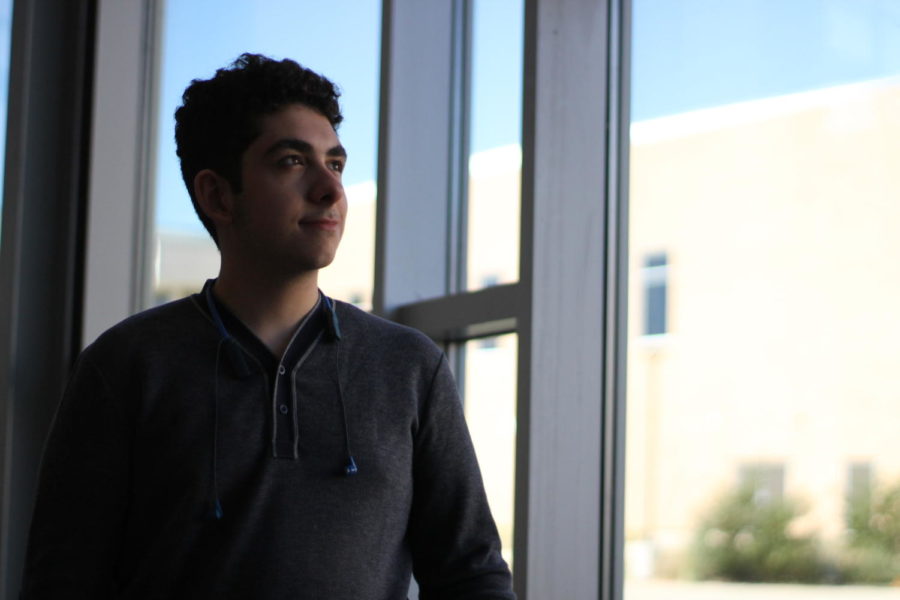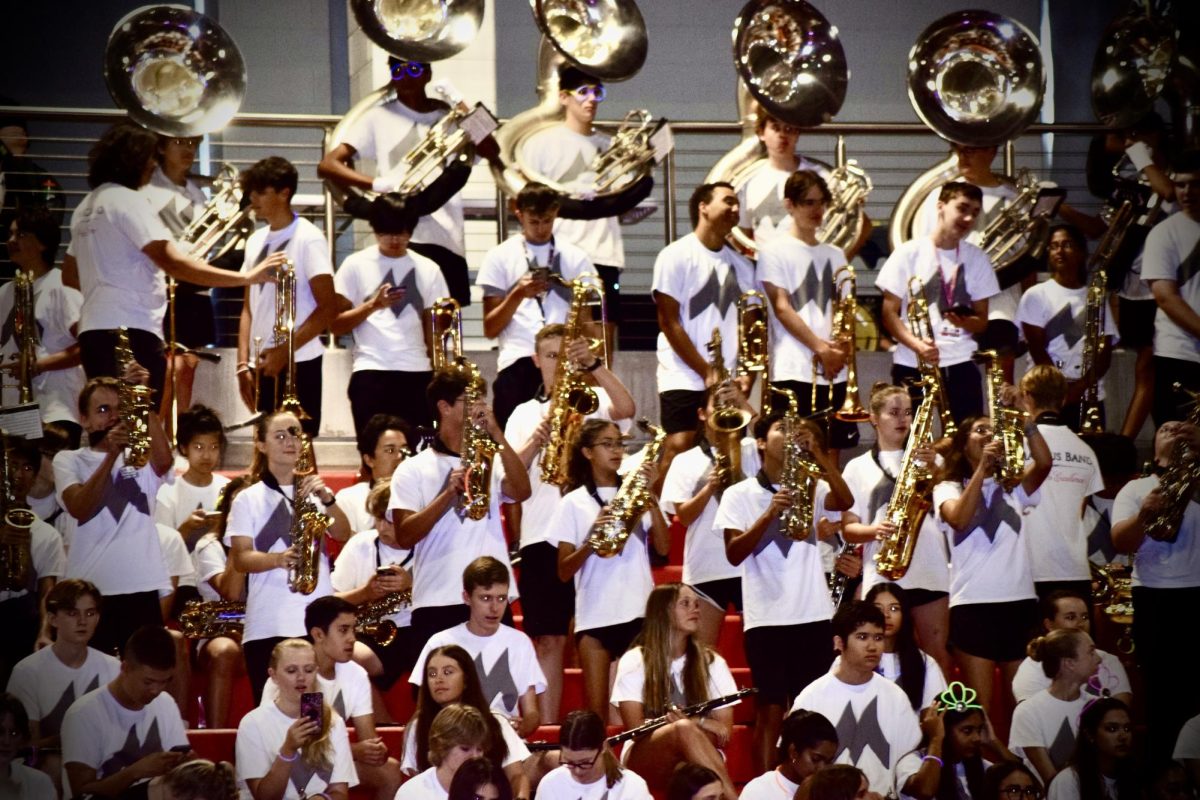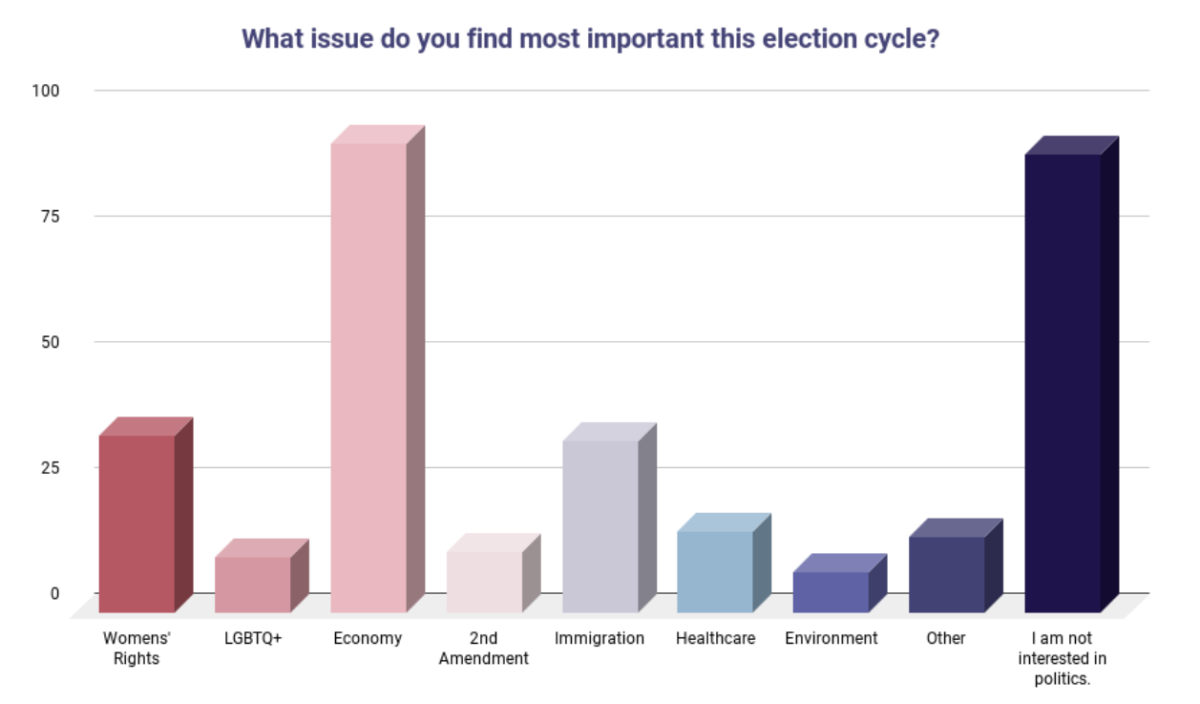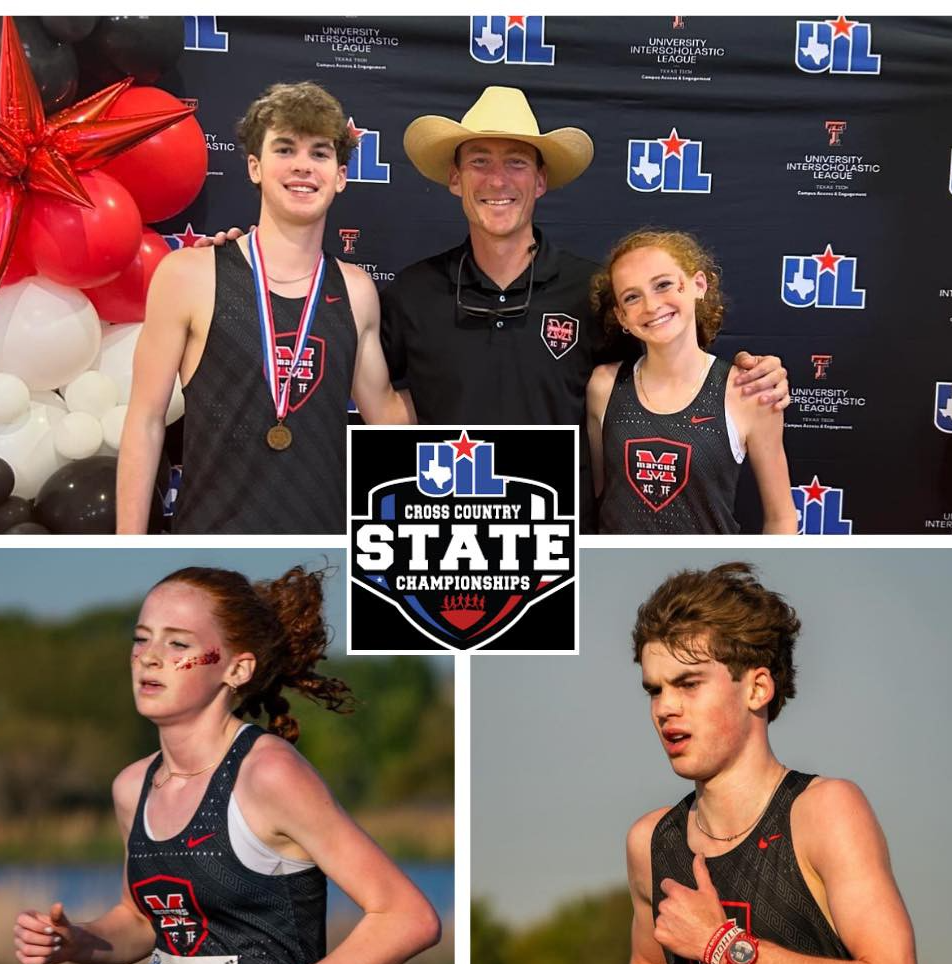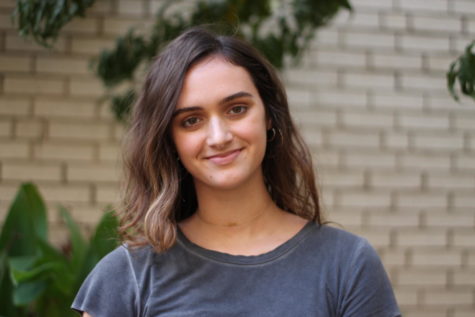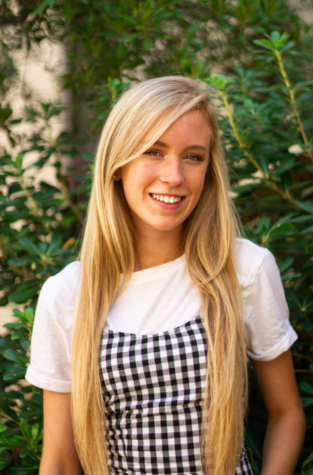In 2016, senior Metin * sat in his room in Ankara, Turkey, typing an equation into his calculator, when he heard the sudden chiming of the doorbell. His hand shook as he set his calculator down, wondering if this would be the day that the authorities came for his father. Metin could hear his family running towards the door.
A dead silence fell over the house. Metin saw his mother hugging his two younger sisters close. Her face was bloodless, and her eyes darted around nervously. When Metin reached her, she planted a kiss on his forehead, and his father, who stood between his family and the door, embraced his son.
Metin felt a numbness creep into his limbs, as his father reached for the doorknob. His heart pounded in his chest. The door opened to reveal a pile of letters.
“It’s the mail,” his father said.
They let out a collective sigh of relief. Earlier that day, this same panic was caused by a neighbor, before that, one of his sister’s friends. Each time the doorbell rang, his family answered the door together, expecting to see men in uniform. Each time, he thought it would be the last time he saw his father, just because he didn’t agree with the government.
***
A few months prior, Turkish President Recep Erdogan used a coup attempt to make a power-grab to consolidate all executive power and imprison his critics. He then revised the constitution, allowing himself to stay in office for life.
He has also been accused of fixing elections and replacing elected officials who challenged him. Metin’s father, a colonel in the Turkish Army, spoke out against Erdogan after the power-grab. He soon lost his job as a result, and Metin’s family knew he would most likely be imprisoned.
“He didn’t agree with what the government was doing, and I guess some people just ratted him out. We didn’t know,” Metin said. “I was just hoping my dad didn’t get hurt or arrested.”
After seven months passed, the time came for the family to flee their homeland.
“We didn’t feel safe,” Metin said. “We knew what was eventually coming, so we decided to leave.”
To avoid suspicion, Metin could only bring a single suitcase with him. He stared at his overflowing suitcase defeated and realized that it would be impossible to bring all of his valuables. Metin sifted through his belongings, picking out his most treasured items from among his stamp collection, clothes, and photo albums.
Metin embraced his father one last time before he, his mother and sisters flew to Belgium. The government had confiscated his father’s passport, so he would have to travel by other means.
“My heart was beating really fast. I didn’t know if we were going to get caught or anything,” Metin said. “We really tried not to imagine the worst-case scenario.”
Metin, his mother and his sisters made it to Belgium. His father traveled over the Turkish border on foot and was rarely able to contact his family. It was a month before Metin saw his father again.
“Sometimes he would write a message telling us he was all right,” Metin said. “It was really nerve-wracking because at any moment he could get caught, and we wouldn’t know because he wouldn’t have been able to write to us.”
Before fleeing his home, Metin never had to wonder about where his next meal was coming from, or if his family could afford necessities. Since their money was held in a Turkish bank, their lifetime’s savings was seized by the Turkish government after they fled. They fled Turkey hoping to survive on the cash in their pockets.
“Fleeing was our last resort,” Metin said. “We waited for months, until we knew for sure that it was our only choice.”
In Belgium, Metin was forced to reflect on his own opinions about refugees. His parents were essentially jobless and homeless, relying on the goodwill of others. Turkey’s history of accepting Syrian refugees had always irritated Metin, mainly because he felt the refugees blindly supported Erdogan, and refused to assimilate into Turkish culture.
“I didn’t hold them in high regard,” Metin said. “Until my family and I suddenly became refugees.”
Just a week after his family was reunited, Metin was sent to Texas to finish high school. He was born in California and has dual citizenship in Turkey and the United States. The family originally wanted to come to the United States together. Since his father was fluent in English and had a masters in information technology, they believed he could find a good job here. However, because his family are not citizens, and his father’s passport was suspended, they couldn’t join him.
“Just being without my family was the hardest part,” Metin said. “We were a really close-knit family, and it was just hard for me to get used to.”
His family was able to seek asylum in Belgium, living in a refugee camp. Metin avoided the hardships of the refugee camp when he left for the United States, however his family lived there for over eight months. The entire camp had to share one communal bathroom, and his family were forced to live in a single small room.
“My mother put on a brave face,” Metin said. “It was hard for her because the place was disgusting, but she didn’t want to show my sisters that she was struggling.”
Despite the hardships of the camp, Metin and his family were grateful for their safety. There has been debate recently among countries in the European Union, such as Germany, about turning refugees away. Had Belgium not allowed his family to seek asylum, Metin believes that his father would have been imprisoned indefinitely, and his mother fired from her government job, leaving the family with no income.
After coming to the United States, Metin had to face which country he identified with. He fell in love with the diverse international community in Belgium, and to confuse his loyalties even more, Metin developed American patriotism after time spent in the United States.
“I constantly go back and forth as to whether I’m American or Belgian,” Metin said. “Both of my parents are Turkish. That’s a big part of my identity, but the past three or four years I have gone through so much because of the Turkish government and the people, that it makes me draw away.”
While Metin has respect for his country’s history and culture, he can’t dismiss the political corruption that uprooted his family, despite expectations for him to remain loyal.
“I went through so much,” Metin said. “I just can’t forget it all. Even though it’s kind of wrong, I don’t want to consider myself Turkish.”
***
Right now, Metin is focusing on attending an ivy league school. He plans to major in Computer Science and International Relations. He is currently excelling in all AP classes, and enjoys the school’s debate team. Experiencing different environments and new cultures has inspired Metin to work for the U.N. or NATO in the future, focusing on cybersecurity.
“The international environment gives me joy,” Metin said. “They’re just accepting and open towards everyone and I really like that.”
This past summer, Metin was able to visit his family in Belgium. Even though they’re always in contact with each other, his parents can never truly understand his life here.
“I have this whole life that they have no idea about,” Metin said. “I work hard because I want to make them proud.”
Metin is grateful for being able to live in the United States and finish his schooling. The current debate concerning immigration in the U.S. hits close to home for Metin, who values this country for its willingness to offer him protection. He also wants people to know that many refugees, like himself, often want to return the generosity of the country that takes them in.
“When people are given help, they want to return the favor,” Metin said. “Like now, I want to be a computer scientist or politician and serve this country. I wouldn’t have been able to do that if I didn’t have the opportunity to come here.”
*Last name omitted for safety purposes.




